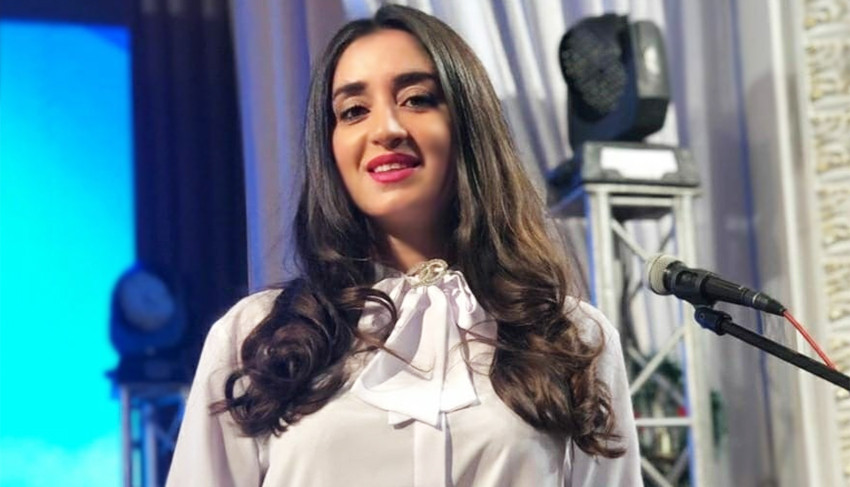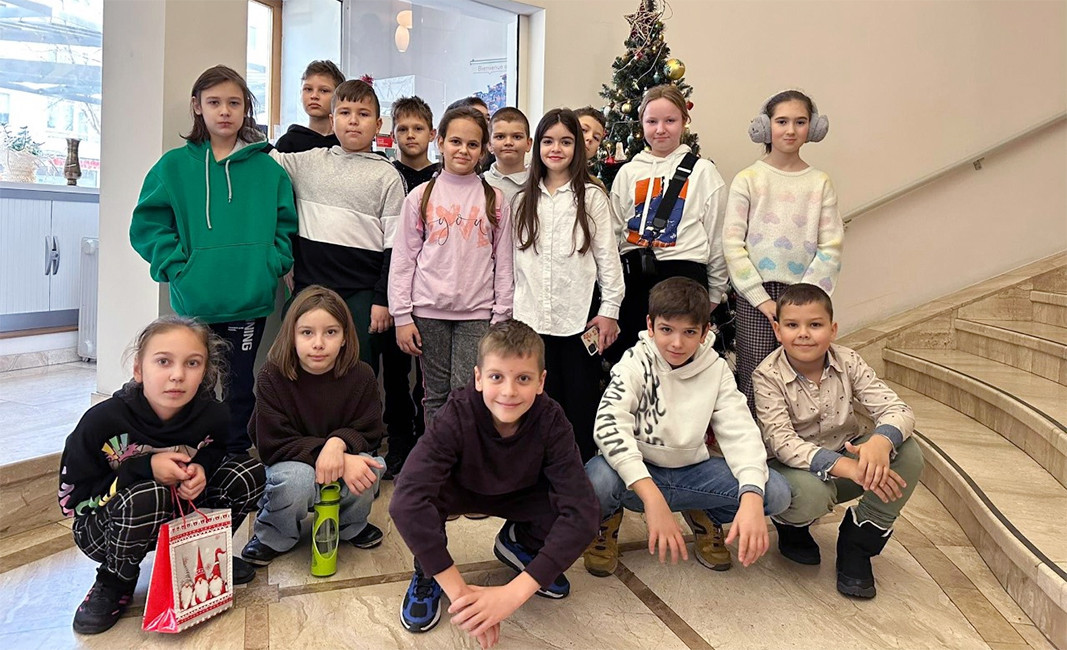As Russia launched its invasion of Ukraine on 24 February last year, millions of Ukrainians sought refuge in different countries of the EU and around the world. A number of campaigns in their support were launched in this country, some still continue.
One of the organizations which is very active in its efforts to help them adapt is the situation centre “Open doors for Ukraine” set up by Andrey Nikolov who is Ukrainian and manager of an IT company in Bulgaria. Until mid-May, 2022, its main task was to provide humanitarian aid and support to Ukrainian citizens. After that it began to offer psychological aid and help to Ukrainian pupils so they can continue their education while in Bulgaria.

And even though they have been studying online since the start of the war, they very much need a place they can be together. As a community it is much easier for them to cope with the shock and trauma of war.

“The Ukrainian educational centre at 188 Slivnitsa Boulevard in Sofia was set up on 15 September last year. There are around 150 children studying there for the time being, though there are new children coming every day,” Elena Volkova, coordinator at the centre says in an interview with Radio Bulgaria. “There are many children from Ukraine attending Bulgarian schools as well. We work together with the Neofit Rilski sports school where there are around 40 Ukrainian pupils.”
Training at the centre is full-time, in two shifts because it only has 10 rooms. The children study remotely, though they are actually inside the building physically. They are helped by teachers from Ukraine who teach in Ukrainian, following the Ukrainian study programme, though some of the classes are in Bulgarian. One immediate task is to turn the educational centre into the first Bulgarian-Ukrainian secondary school. This is expected to take place in 2024.

Why is that necessary and what are the obstacles in the education of pupils from Ukraine at Bulgarian schools?
“Many parents think that once they enroll their children in the Bulgarian system of education, that means accepting they will never return to Ukraine,” Elena admits. “That is the biggest obstacle, except for the language. The other reason is the difference between the Bulgarian and the Ukrainian curriculum which means the students have to spend one year to go through the previous study programme. Moreover, the war and the fact they are scattered all over the world has left a significant imprint on the children, and they want to study in a Ukrainian environment, they want to be in touch with their friends from Ukraine.”

All efforts the students are making would be to no avail if they felt miserable at the educational centre and didn’t want to go there. But as it turns out, they do, very much so:
“They like it very much, because we have turned it into a little piece of Ukraine,” Elena Volkova explains. “Here they speak Ukrainian, they celebrate Ukrainian feast days, they learn about traditions. That is important to a child arriving in a foreign country where many things and traditions are different. Let me give you an example with my daughter Sofia, who is in the 4th grade. During the first week she was very apprehensive because she didn’t know the children. She only wanted to study online, from home, with her class and her teachers. But she quickly got used to things and found new friends.”

Photos: Facebook / Освітній HUB у м.Софія, Facebook / @SituationalCenterOpenDoors, Elena Volkova
A short video kaleidoscope of the "untold stories" of worthy Bulgarians - scientists, entrepreneurs, engineers, artists - who have contributed to our country's good image in the eyes of the world opened an unconventional public forum that showcased the..
The film "Gundi: Legend of Love" caused a sensation across the Ocean. Screenings of the film story about the life of legendary football player Georgi Asparuhov – Gundi were held in Los Angeles and Las Vegas as the halls were full...
On this day 35 years ago, the authoritarian regime of communist dictator Todor Zhivkov collapsed. To mark the anniversary, the BGNES news agency carried out a survey of monuments to totalitarianism. The agency checked whether the monuments of the..
According to the Annual Report on the Health Status of Bulgarian Citizens for 2023, t he main cause of death in Bulgaria is diseases of the..
At the Bulgarian Embassy in London, Prof. Bettany Hughes presented excerpts from the new BBC series - Wonders of Bulgaria. Prof. Bettany..
Over 3.5 million Ukrainians have arrived in or passed through Bulgaria since the beginning of the war. Nearly 200,000 people have found temporary..

+359 2 9336 661
